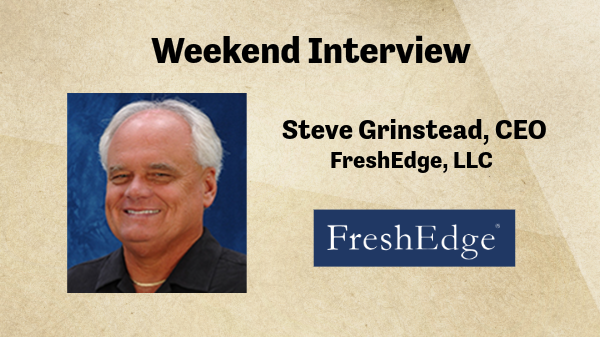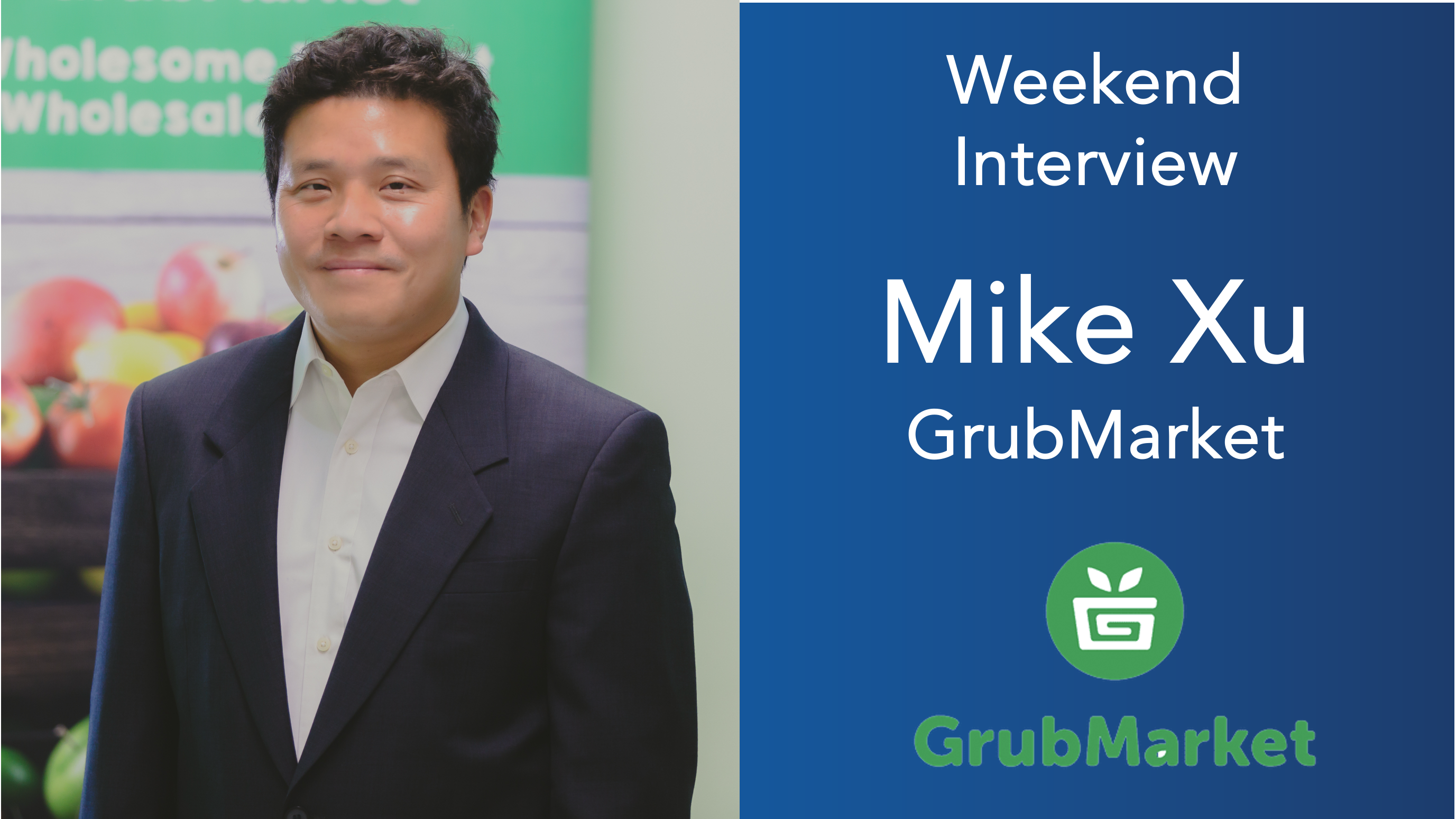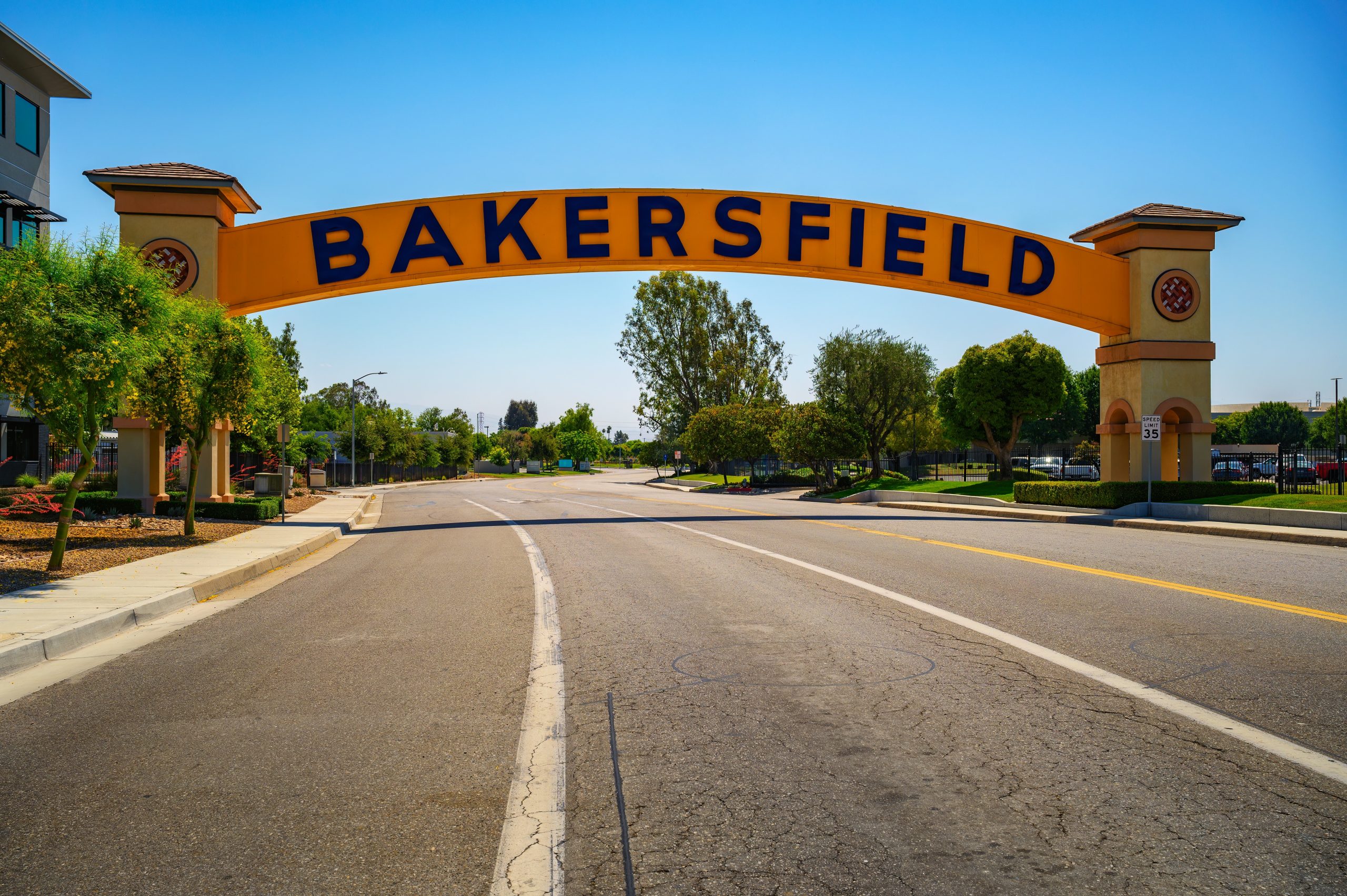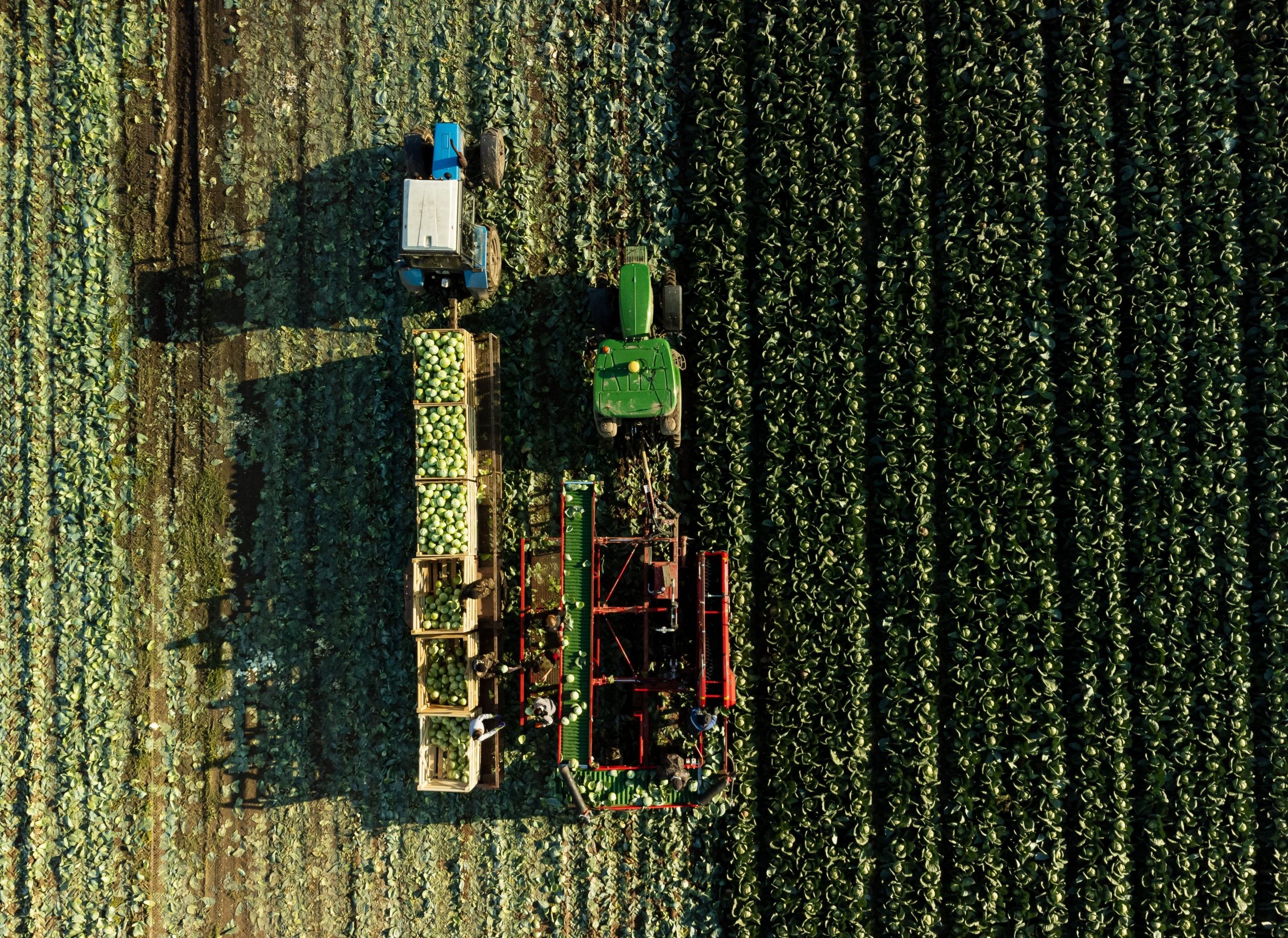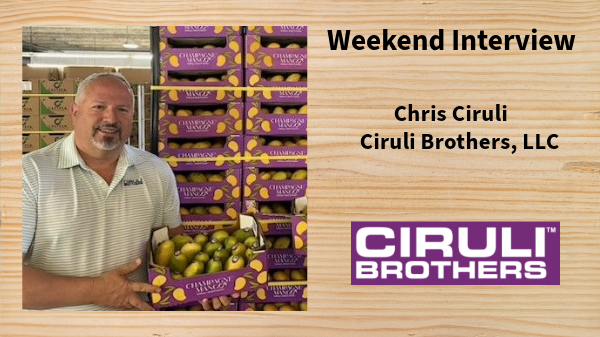Welcome to Blue Book!
Are you ready to join the thousands of companies who rely on Blue Book to drive smarter decisions? View our plans and get started today!
Still have questions? We’d love to show you what Blue Book can do for you. Drop us a line– we’ve been waiting for you.
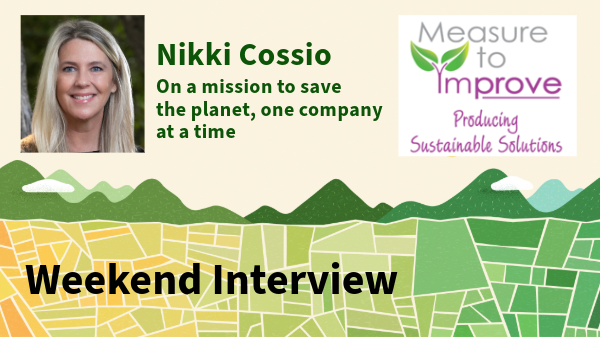
In this article
Salinas, CA-based Measure to Improve, LLC provides sustainability solutions to businesses throughout the produce supply chain. Founded in 2014, the company offers guidance and customized services for businesses looking to reduce their carbon footprint and implement more eco-friendly practices and processes.
We talked to founder and CEO Nikki Cossio about what 2025 brings to the forefront in terms of sustainability and environmental challenges.
Q: Tell us about your deep roots in agriculture.
I’m a fourth-generation member of a farming family. I watched my father, uncle, and grandfather start their first company, Rio Farms, in 1978 and Gills Onions in 1983.
Growing up, I spent my summers tagging tomato trailers, driving the water truck, working in my grandmother’s packing shed sizing and sorting pimientos, or in the office. One of my fondest memories was riding around with my dad, looking at the fields, cutting and trialing the produce.
Now I’ve raised two sons—one of whom works in the industry—and my granddaughter, at just 10 months old, took her first tractor ride, potentially making her the sixth generation in agriculture.
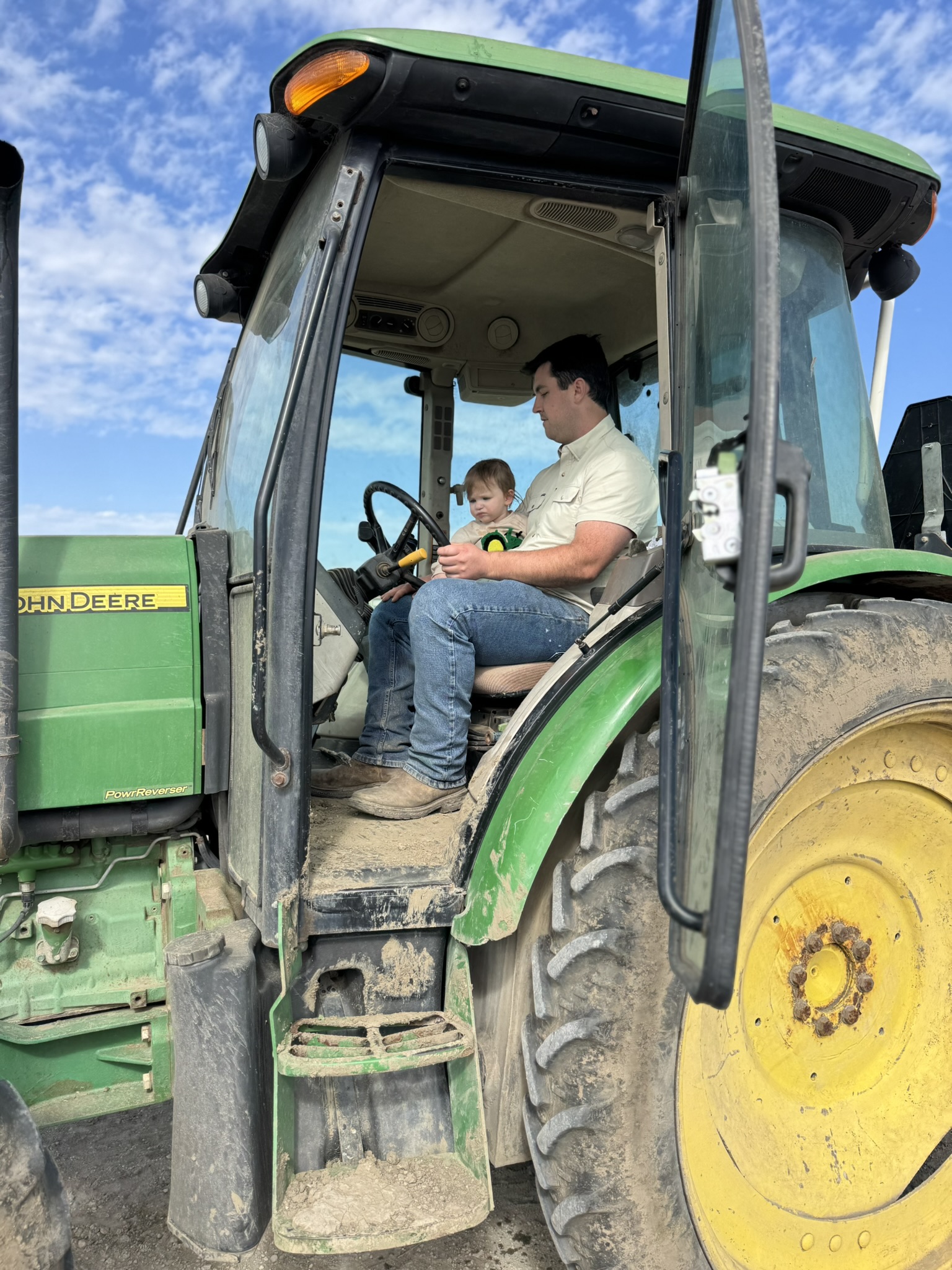
Q: Describe your work in the industry and what led to the creation of Measure to Improve.
My sustainability journey in the produce sector began in 2007 while working at Gills Onions BB #:113044 and Rio Farms BB #:135089.
I saw where sustainability was headed and the growing need for businesses to measure, communicate, and improve their sustainability efforts. Industry peers were increasingly seeking guidance around sustainability; I recognized the gap and saw it as an opportunity.
I founded Measure to Improve to serve a larger audience than my own family business, to make sustainability more approachable for the produce industry.
My goal was to help others understand the meaning, benefits, and value that sustainability could bring to organizations. I wanted to help the industry proactively shape and define sustainability in a way that makes sense, and most importantly, I aimed to drive consistency and foster collaboration.
Chairing the United Fresh Foundation’s Center for Global Produce Sustainability Committee (2010-12) and later chairing the International Fresh Produce Association (IFPA) Sustainability Council (2022-24) reinforced this vision.
Today, my team and I remain active in the Council’s subcommittees, continuing to learn, contribute, and collaborate across the supply chain to drive meaningful change.
Our tagline, “Producing Industry Solutions,” plays on both delivering tangible outcomes and supporting the produce industry in finding practical, impactful solutions.
Q: How did you choose the company’s name?
When I started on this journey, there was no clear roadmap. However, I knew that data is the foundation of sustainability—hence, “Measure.”
But measurement alone isn’t enough. Using that data to drive improvement and opportunities is just as crucial—hence, “Improve.”
Taking this a little bit further, “prove” is part of “improve,” which emphasizes the importance of validating sustainability efforts to avoid greenwashing.
Our tagline, “Producing Industry Solutions,” plays on both delivering tangible outcomes and supporting the produce industry in finding practical, impactful solutions.
At Measure to Improve, we want to guide companies in adopting sustainability programs and practices that increase profitability, promote visibility and employee engagement, and encourage the fresh produce industry to take a proactive approach.
Q: What were your initial goals? Have they changed or evolved over the years, such as adding more tools or services for clients?
From the beginning, our approach has been to make sustainability approachable, relatable, and tangible.
We break it down into bite-sized, exciting pieces, clarifying that sustainability must start with a good business case, so companies don’t feel overwhelmed and see it as an opportunity rather than a burden.
Over time, we’ve expanded our solutions to reflect the evolving landscape. What started as guidance on sustainability has grown to include comprehensive programs.
Nevertheless, its core remains the same: our success comes from helping businesses understand the interconnectedness of people, planet, and profit.
By showing how these three pillars work together, we make sustainability both approachable and indispensable.
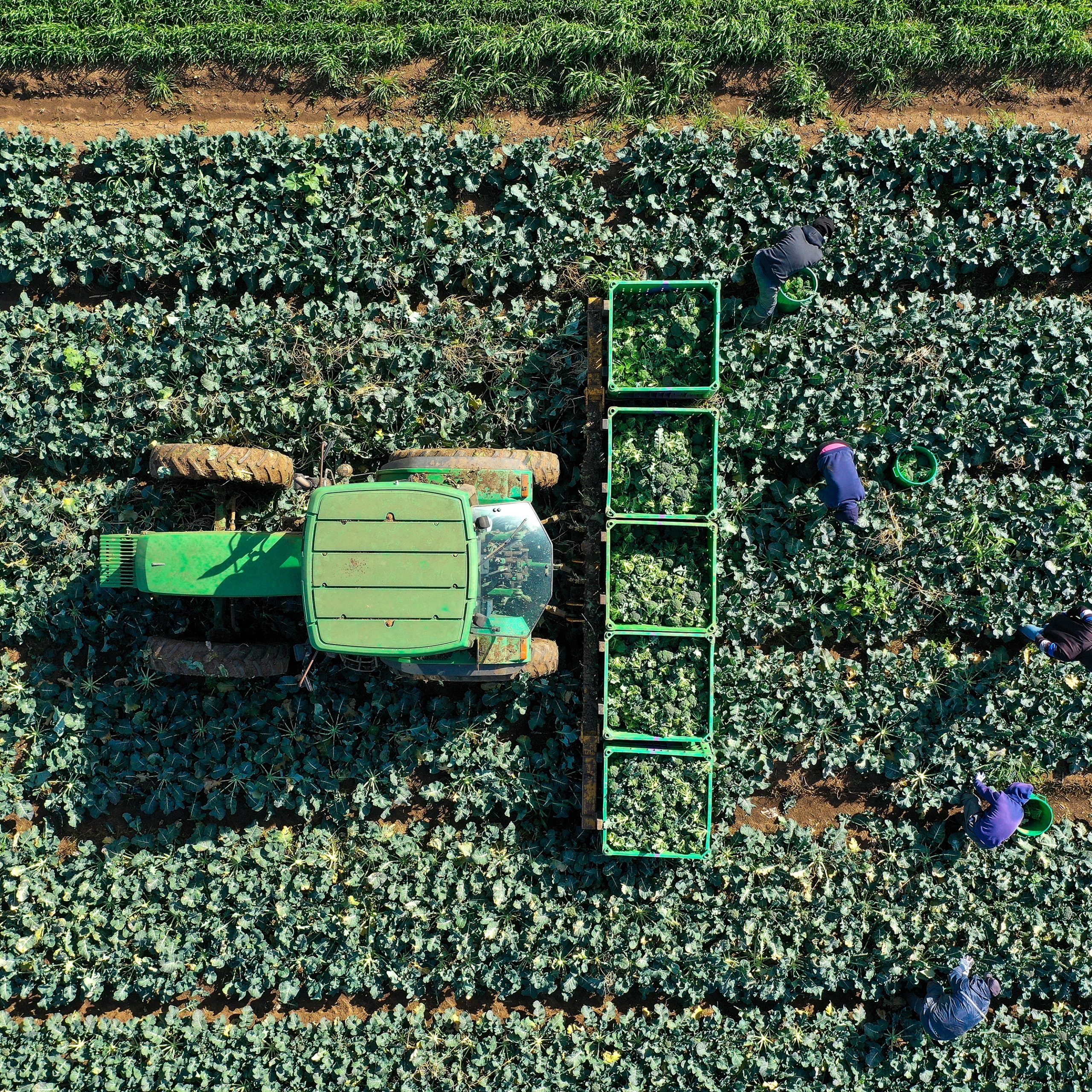
Q: Measure to Improve is a Certified B Corporation, what does it take to achieve and keep this designation?
Becoming B Corp certified was a natural step for Measure to Improve—it’s about truly “walking the talk.”
This certification aligns closely with our core values and reinforces our commitment to positive social and environmental impact.
The certification has helped us formalize key internal management processes and strengthen operations, as well as streamline grant applications, secure financing, improve employee policies, and refine our legal structure.
It’s a highly recognized certification, not only within our industry but among our clientele and local community, and serves as a clear signal that we’re committed to high standards of social and environmental performance.
Q: A number of high-profile companies have withdrawn from carbon neutral initiatives and sustainability endeavors, do you think this trend will continue?
Sustainability commitments are continuously evolving. Many companies set ambitious carbon-neutral goals years ago, perhaps without fully understanding what they were committing to, or the challenges of achieving them.
While some have moved away from their sustainability and ESG (environment, social, and governance) commitments, others are doubling down.
Ahold Delhaize, Walmart, and other retailers continue to prioritize their Scope 3 carbon reduction targets and pressure their suppliers for updates.
Costco shareholders rejected a proposal to reevaluate the company’s DEI (diversity, equity, and inclusion) policies—and that rejection was almost unanimous.
This is an important reminder—companies, especially retailers—want to meet consumer expectations.
They’ve invested a great deal in developing programs and targets to show consumers they’re working on sustainability. While some companies may scale back or shift these programs, sustainability is not going away.
Regulatory rollbacks can have significant consequences. We anticipate negative environmental impacts, both short and long term, on water, air quality, climate change, and other topics.
Q: What are some of the short- and long-term consequences of fewer restrictions and less enforcement from the EPA under the Trump administration? What can be done?
Regulatory rollbacks can have significant consequences. We anticipate negative environmental impacts, both short and long term, on water, air quality, climate change, and other topics.
However, many changes made by the Trump administration are being challenged in court, so their long-term impact is uncertain.
In the near term, regulations exist at various levels. State and local regulations will continue to affect companies, particularly in states like California.
These state-level requirements concern sustainability topics such as packaging, waste, and greenhouse gas emissions.
For example, three states (Oregon, California, and Colorado) are implementing Extended Producer Responsibility laws for packaging in 2025, and two more states plan to do so in 2026.
Beyond that, many companies’ sustainability programs are addressing market demands from retailers or foodservice companies, or even directly from their consumers.
Remember, sustainability requires long-term strategic thinking—don’t get stuck on the approach of one administration in one country.
In the end, sustainability is about incremental and practical actions that lead to tangible outcomes.
Q: What are Measure to Improve’s top goals for 2025?
Expansion is at the core of our 2025 vision—expanding our reach, services, and impact.
We’re focused on growing our client base, scaling our expertise, and improving efficiencies while strengthening our position in the industry as a sustainability leader.
Sustainability solutions are so wide-ranging it’s difficult to figure out where to begin. We guide businesses in identifying where to start, setting goals, and building sustainability strategies tailored to their needs.
For example, we support clients in identifying a certification that best matches their company culture and walk them through the process of collecting, organizing, and preparing their information/data to support a third-party audit.
Another example is supporting businesses in meeting compliance requirements, ensuring they stay ahead of evolving regulations and industry standards.
Other services involve water, integrated pest management, energy, sustainable packaging, food loss and waste, and zero waste reduction programs.
In the end, sustainability is about incremental and practical actions that lead to tangible outcomes.
It’s about aligning business decisions with people, the planet, and profit—setting everyone up for long-term success.



